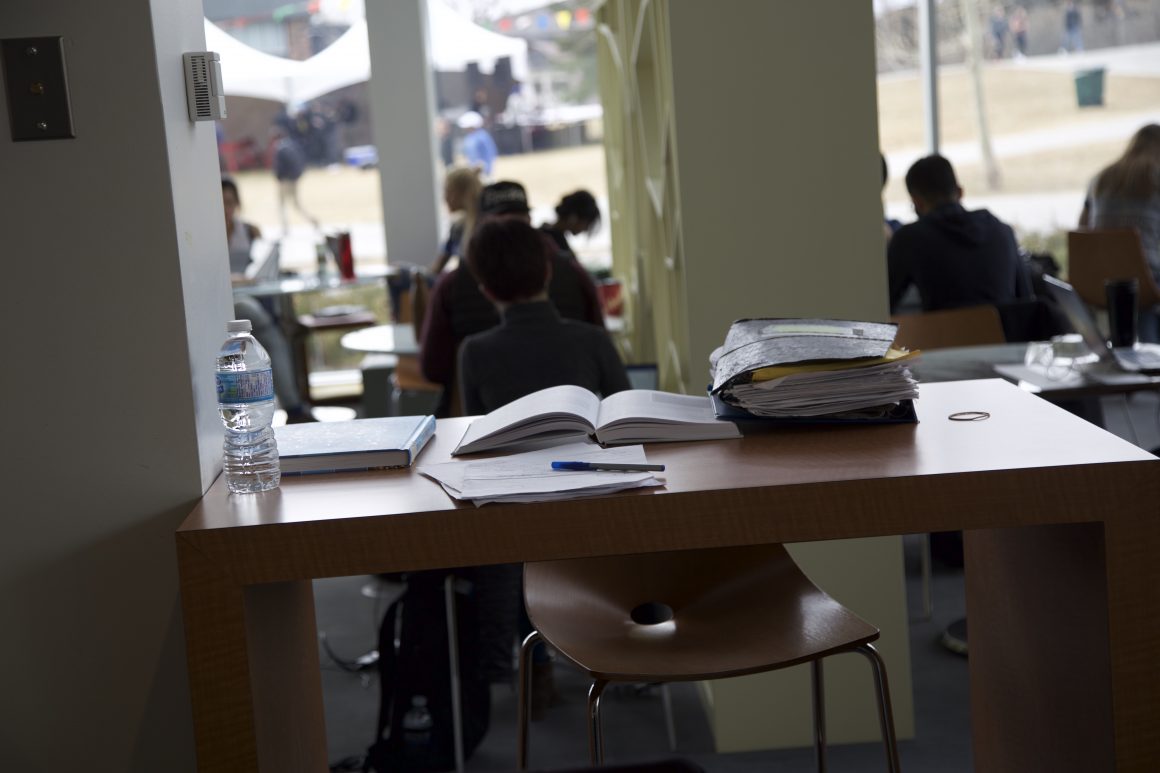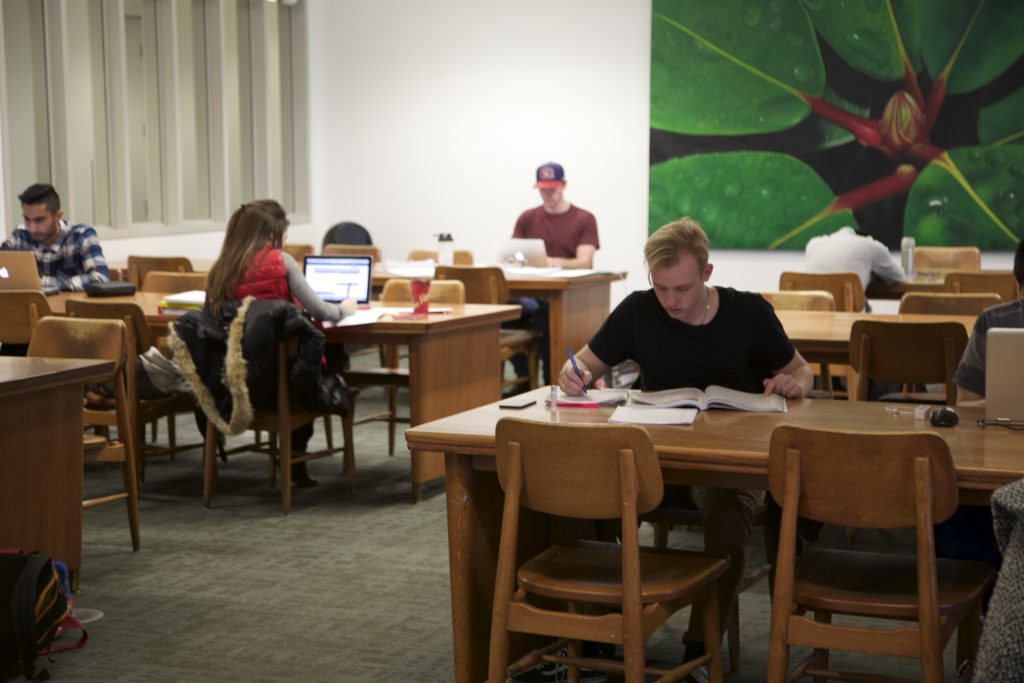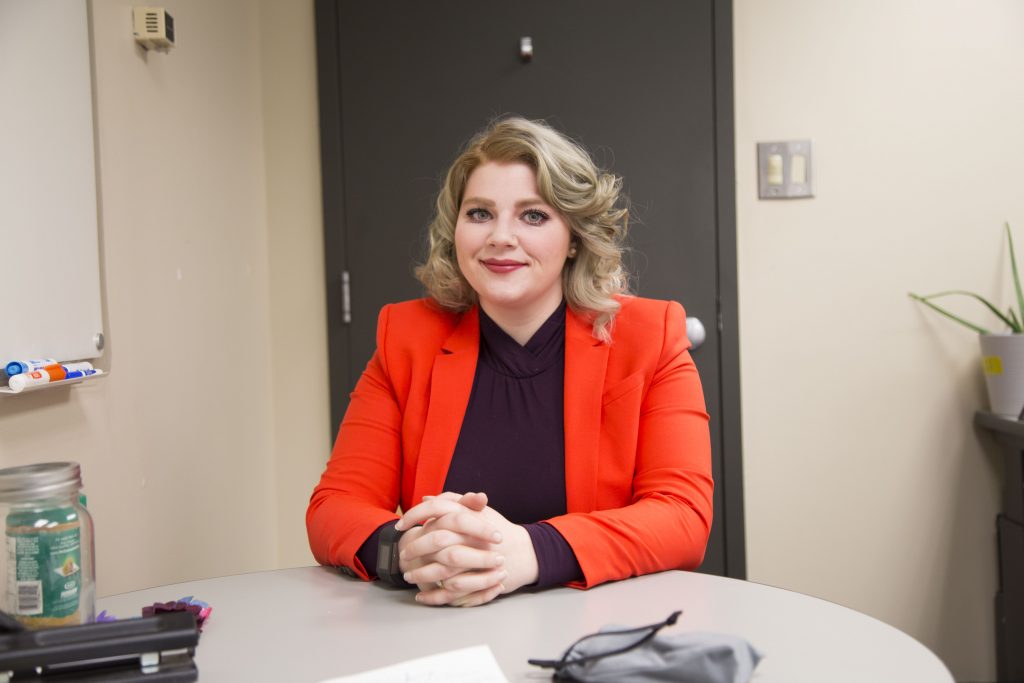
U of C to launch open educational resources pilot project
By Scott Strasser, March 30 2017 —

OER are free, openly licensed textbooks and learning materials that can be downloaded online // Photo by Saima Asad
On March 29, the University of Calgary announced a one-year pilot project to promote the use of Open Educational Resources (OER) on campus. The pilot project will officially start in July.
As part of the initiative, the U of C appointed two professors and a PhD candidate who will act as an “OER advocacy team.” Their role will be approaching faculty members who teach large classes to discuss adopting OER into those courses.
OER are free, openly licensed textbooks and learning materials that can be downloaded online. While their use at the U of C has increased in recent years, most professors still do not use them in their classes.
U of C vice-provost teaching and learning Lynn Taylor said the project’s goal is to provide “institutional infrastructure” that will lead to more professors creating, adopting and adapting OER for their courses.
“All the work we do is geared towards creating and sharing knowledge for social good,” Taylor said. “OER are a great manifestation of this because it’s really a collaborative effort to create the best possible learning resources for our students at a low cost.”
The OER advocacy team will include Schulich School of Engineering professors Quazi Hassan and Kyle O’Keefe, as well as engineering PhD candidate Khan Rahaman. The three were selected after an open competition.
“That leadership team is going to be part of getting a better understanding of the scope of OER at the university,” Taylor said.
Ten undergraduate students will assist the advocacy team by matching current course outlines with ones that use OER. As well, a group of graduate students has been hired to peer review OER material that could be used at the U of C in the future.

Lunz said increasing the use of free textbooks and learning resources on campus makes university more affordable // Photo by Justin Quaintance
“[This] gives grad students the opportunity to increase their knowledge of peer reviewing and how it works in academia, as well as giving them jobs,” said Students’ Union vice-president academic Alicia Lunz, a member of the U of C OER Network.
Lunz said the pilot project could see a second phase if it is successful. She said this would include creating a permanent fund for OER-related grants that professors can apply for.
“This second phase would at least allow for funding that if a prof needed to take time out of their schedule to tweak an OER, it would cover that,” she said. “If a prof wants to further adapt OER, they could apply for a grant and use that money to further implement OERs into the class.”
Lunz said increasing the use of free textbooks and learning resources on campus makes university more affordable.
“If you’re not having to spend $200–300 on a textbook, that money can be spent on something else, whether it’s rent, groceries or car payments,” she said.
The U of C’s announcement of the pilot project coincided with Open Education Week, which took place from March 27–31.
